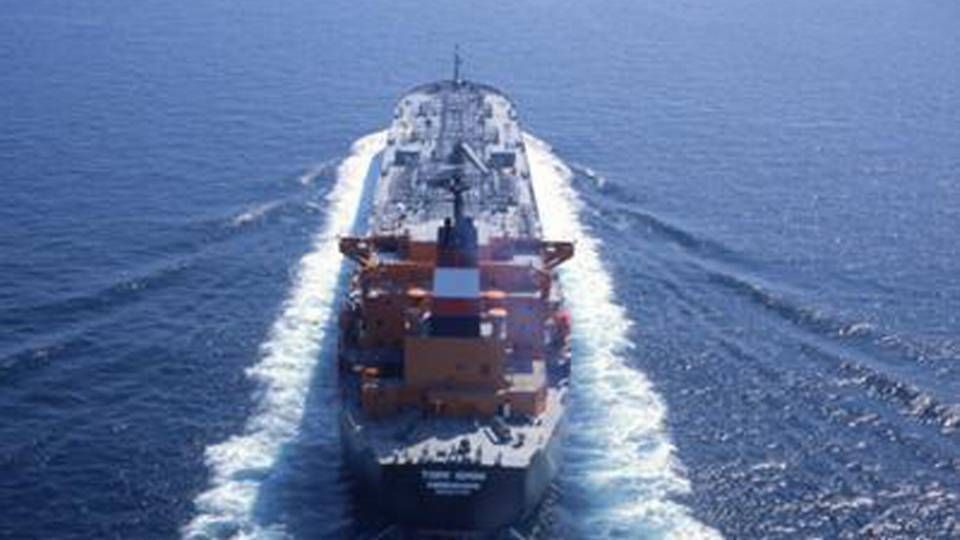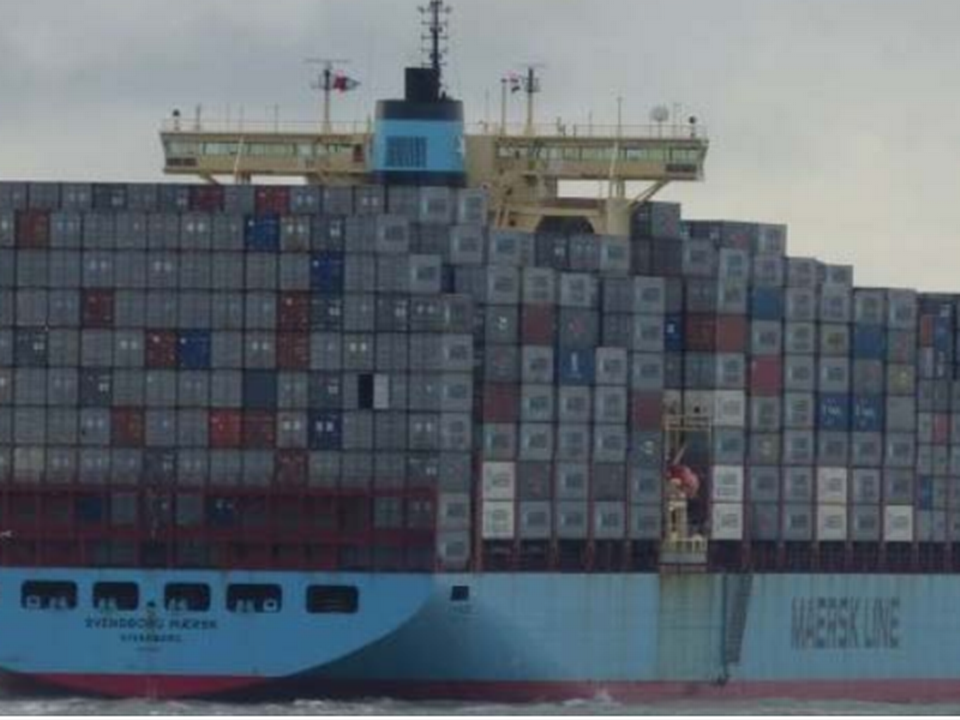Shipping close to inclusion in global climate agreement

Shipping could be included in a global climate agreement when the UN will attempt to reach a global agreement in Paris this December, report US and British negotiators at the at the UN's International Maritime Organization, IMO, just a few months before the summit in Paris, and the Danish Shipowners' Association shares this view.
Try a free 40-day trial subscription to ShippingWatch
"With the negotiation texts at play right now, shipping and aviation will be included in a climate agreement and the target goal of limiting global warming to 2 degrees. We're not surprised by this, and we've known for a long time that it was a mere matter of time before this would happen. An increasing number of observers have pointed out that the individual sectors had to be included, and there's far more focus on shipping this time than has been the case at the past five UN climate summits," Maria Bruun Skipper, deputy director at the Danish Shipowners' Association, tells ShippingWatch.
Major sectors such as shipping and aviation have never before been included in proposals for global UN climate agreements.

Back in May this year, the IMO rejected the notion that a global climate agreement would cover shipping, thus setting binding targets for how much CO2 shipping is allowed to emit. But in the latest negotiation text from the UN's climate negotiations ahead of the summit in Paris, the international transport sector is mentioned twice, reports environmental organization RTCC, Responding to Climate Change.
Fuel tariffs
The first text stresses the need for setting a limit on CO2 emissions from international shipping and aviation. In the second, more comprehensive text, the two sectors, the IMO and the International Civil Aviation Organization are encouraged to implement a global fuel tariff.
The Danish Shipowners' Association has been deeply involved in the latter proposal, as it was first proposed by Denmark at the IMO years ago.
"We support this proposal, because a tariff is easy to administrate, and it's both open and transparent. The alternative is a quota trading scheme, which we cannot support. The key thing for us is that, if this results in a market based mechanism, the Danish fleet must be rewarded for its technical and operational initiatives, which have contributed significantly to the reduced CO2 emissions," says Maria Bruun Skipper.
EU now ready to monitor ships' CO2 emissions
The IMO has been criticized for being too slow in its efforts to set binding climate targets for shipping. British researchers have called for international shipping to be included in a global climate agreement, that this should happen sooner rather than later, and that the international commercial fleet must double its efficiency by 2030 at the latest in order to contribute justly to a UN agreement.
Slow IMO process
A significant reason for the slow IMO process is attributed to opposition from developing nations where many ships are registered, as well as the fact that major nations such as Brazil, India and China have been hesitant to back the proposal to include sectors such as shipping and aviation in a global climate agreement, opting instead to use the proposal as part of their negotiating tactics.
Try a free 40-day trial subscription to ShippingWatch
For similar reasons, the EU has adopted its own proposal, the so-called MRV scheme (Monitoring, Reporting, Verification) that will come into force in 2018 and which means that all ships calling in European ports must report to the EU. This EU proposal puts pressure on the IMO to fast-track its efforts to introduce global regulations.
The IMO is working with a similar proposal albeit it with different technical conditions - efforts that have been significantly characterized by the shipping industry's insistence on anonymity in terms of reporting climate data, citing commercial reasons.
At a meeting of the IMO's team working on how carriers should monitor CO2 emissions globally, held in London on Wednesday and Thursday, US and British negotiators informed that the IMO, and thus shipping, can no longer be shielded from a global climate agreement.
"The shipping industry is too conservative and passive"
NGO: IMO's CO2 efforts fail again
China preparing tougher environmental requirements
Related articles
NGO: IMO's CO2 efforts fail again
For subscribers
China preparing tougher environmental requirements
For subscribers





















